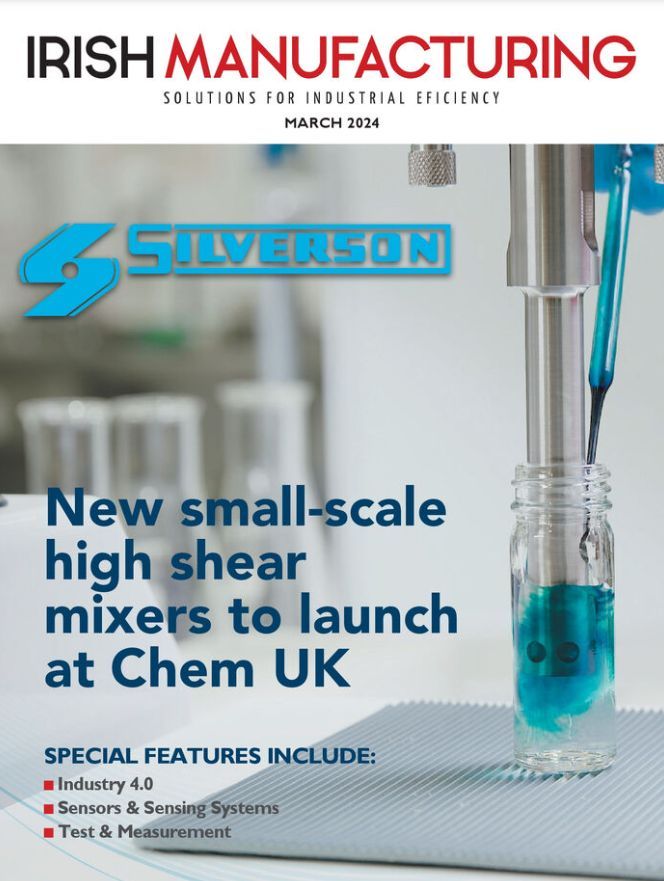 When considering the safety of packaging machinery, many manufacturers may ask why they should worry as surely their machinery supplier takes care of all of that. However, CE marking is not a guarantee of safety and users will still need to check the machine is safe before it is used. Paul Laidler, business director for machinery safety at TÜV SÜD Product Service, elaborates
When considering the safety of packaging machinery, many manufacturers may ask why they should worry as surely their machinery supplier takes care of all of that. However, CE marking is not a guarantee of safety and users will still need to check the machine is safe before it is used. Paul Laidler, business director for machinery safety at TÜV SÜD Product Service, elaborates
Industry statistics highlight how important it is that end users do not rely on machinery suppliers’ safety claims alone. The UK’s Health & Safety Executive (HSE) Register of Convictions reveals that 62 per cent of breaches under the Provision & Use of Work Equipment Regulations (PUWER) have been committed under Regulation 11 – Dangerous Parts of Machinery.
PUWER is the UK implementation of the European Amended Work Equipment Directive. In Ireland it is implemented by Chapter 2 of the Safety, Health and Welfare at Work (General Application) Regulations 2007.
HSE figures also show that in 2010/11, while manufacturing jobs represented about 10 per cent of the British workforce, the industry accounted for 21 per cent of fatalities and 15 per cent of reported injuries to employees in the UK. The figures show that 11 per cent of reported injuries involved contact with moving machinery.
Since 2009, in order to reduce the number of injuries, any machinery supplied in the EU must now comply with the new European Machinery Directive. This provides the harmonisation of the Essential Health and Safety Requirements (EHSRs) in all EU countries and applies only to products that are intended to be placed on or put into service in the market for the first time.
The letters ‘CE’ on a machine is the manufacturer’s claim that the machine meets the EHSRs of the Machinery Directive. This means that any packaging machinery offered for sale in the European Union is required to carry the CE marking to show compliance with the Machinery Directive.
When dealing with machinery safety and, in particular with CE Marking in line with the Machinery Directive, the compliance with EN standards is recognised as a presumption of conformity with the requirements of the Directive. Specifically when looking at packaging machines, an important addition is being made to the EN 415 series of standards, which covers the Safety of Packaging Machines, and this is intended to simplify the process of CE Marking in line with the Machinery Directive for many types of machine.
The European standards bodies currently use a system of ordering which can be applied in every situation, but which caused complications for packaging machinery suppliers. The most basic standards, known as ‘Type A’ standards set out requirements for the safety of machines only in the most general terms, while ‘Type B’ standards deal with more specific issues, such as the prevention of unexpected start-up.
‘Type C’ standards deal with specific types of machine and for packing machines, the EN 415 series of standards already includes C-type standards for some common types of machine, such as wrapping machines, strapping machines and form, fill and seal machines, but there are many types of machine that are not specifically covered. These include, among others, coding machines and inspection machines.
However, unless a machine-specific C-type standard exists for the machine under consideration, reference has to be made to all of the relevant individual standards, which can be a complicated, expensive and time consuming process.
To help remedy this situation, EN 415-10 General Requirements, has been developed to complement the existing nine parts of EN 415. This has the effect of a C-type standard that applies to “packaging machines for use in work places which are listed in EN 415-1 and which are not the subject of one of the specific C standards of EN 415”.
This means packaging machine builders and suppliers will, in most cases, no longer have to work with a long list of individual standards for their products to meet the requirements for CE marking, but will be able to refer simply to this new part of EN 415.
As the process has now been simplified, manufacturers should feel more confident their packaging machinery supplier’s self-declaration of compliance with the required standards is accurate and their employees should remain safe while using such machinery in the workplace.
However, a plea of ignorance from an end-user is not acceptable as failing to comply with both the Machinery and Work Equipment Directives, whether knowingly or unknowingly, can have serious consequences for both employers and their employees.
TÜV SÜD
T: +44 (0)1489 558100


